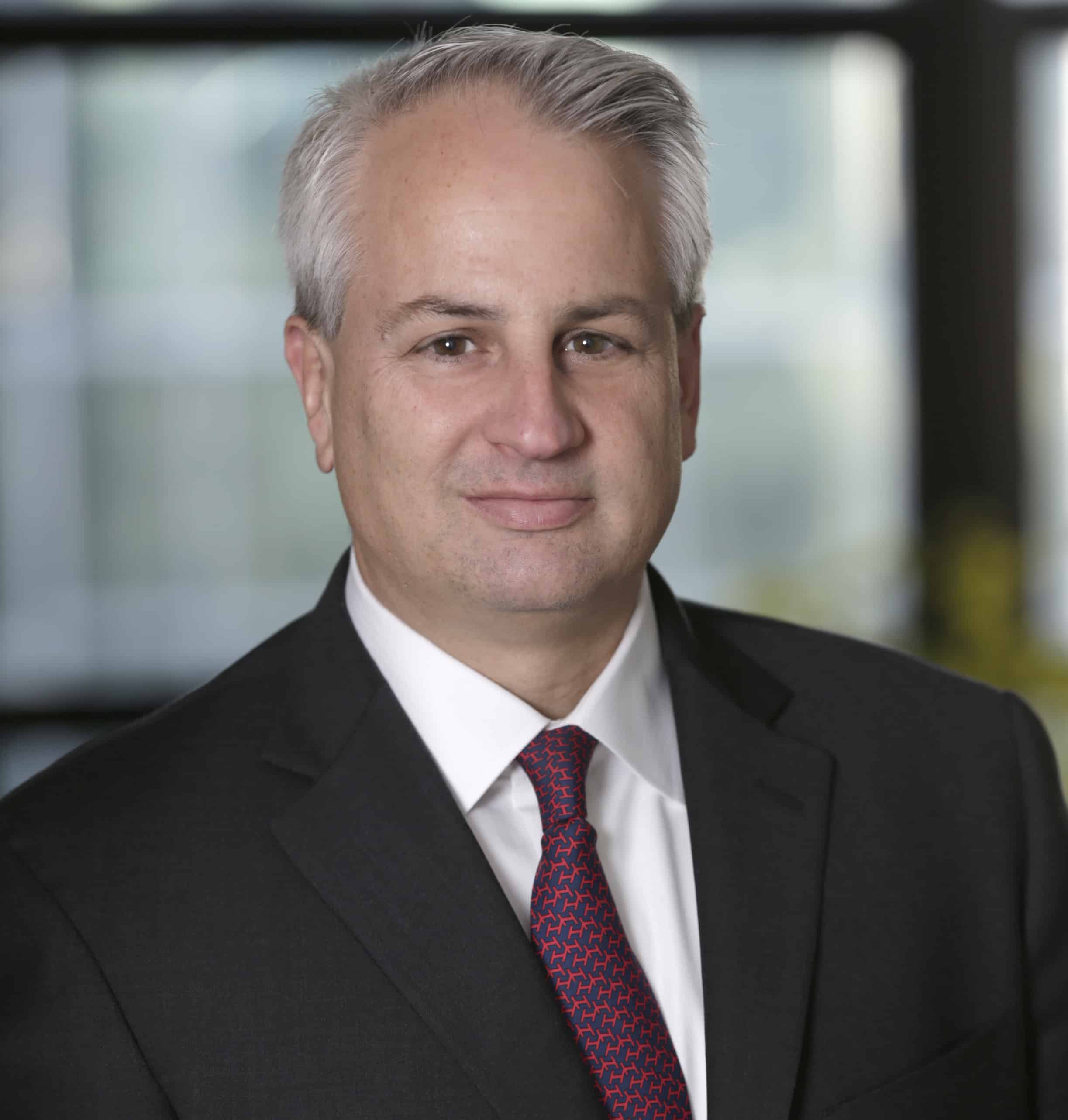In August this year, JP Morgan announced it had entered into a three-year deal with Virtu Financial, to employ its proprietary trading and order routing technology to trade US government bonds.
Virtu’s chief executive, Doug Cifu, described the collaboration of trading and technology with JP Morgan at the time, as a “natural progression”, adding that the US bank has been a “key partner since our founding.”
The Trade spoke with Cifu about its often misunderstood business model, its move into the derivatives swaps market, and European regulation.
Hayley McDowell: How is Virtu Financial changing the game in trading technology?
Doug Cifu: There’s a big misconception about high frequency trading (HFT) and Virtu Financial. We’re an electronic market-making firm that makes money because we are very good at understanding market structure, with very robust and scalable technology and good risk systems.
Following the announcement of the transaction with JP Morgan, large institutions look at what we are doing and see how we can enable them to access the market effectively with good smart order routers (SOR). They understand we specialise in accessing the market, and ask how can we work with them in some way, which makes sense for us.
Even before the deal with JP Morgan, large institutions approached us knowing the world has changed and they have to be more efficient. Other institutions have approached us enquiring along the lines of what we are doing with JP Morgan.
Providing our technology effectively in the equity market by becoming an agency broker and routing orders for large buy-side institutions is symptomatic of large financial institutions working with a firm like Virtu – which is very much a financial technology company – that understands markets very well.
T. Rowe Price was very critical of HFTs around the time of Michael Lewis’ ‘Flash Boys’ and we reached out to institutions and regulators to show them our tools and explain how we access the market.
We were completely transparent with firms and regulators from Europe, Japan and all over the world. Afterwards, many understood we are a unique, agile technology company rather than just a market-maker.
It’s a part of how Virtu is evolving and is indicative of how large institutions recognise they must adapt around technology and work with firms like us to achieve that.
HM: Virtu has been very open with its push into the derivatives swaps market. Has there been any progress with this?
DC: We’ve made some progress, but it’s going slower than expected.
If you had asked me three years ago what a swaps execution facility (SEF) would look like now and how many would be successful, I would have said there would be more electronic trading, liquidity and swaps executed on SEFs – but that hasn’t happened.
So, until big buy-side institutions start trading more electronically, as they have done in equities and the currency markets, that market place isn’t going to work for us. There wasn’t a regulatory barrier for us, but more operational.
HM: Recently, Virtu supported the Securities and Exchange Commission’s (SEC) push for transparency in the US treasuries market – do you think more could be done to improve this?
DC: Treasuries are a major asset class, so to us, why wouldn’t you have real-time reporting or use the TRACE system already in place? I have heard that some think it could put people off trading large sizes, which frankly is rubbish.
Virtu believes that where there is transparency and a fair market, people can compete. It is not a coincidence that JP Morgan is transacting in the dealer-to-dealer market in US treasuries – the market has become very efficient.
As it has become more efficient, the US treasuries market has become more competitive so there’s no real reason to not have real-time reporting requirements.
It wasn’t just Virtu who highlighted this, but other non-bank liquidity providers like KCG and Citadel.
We think the same thing – we want competition and to create a level playing field like the equities market, where everyone has access to the same prices at the same time.
HM: What are your thoughts on European regulation like MiFID II?
DC: MiFID II has some pros and cons – but the good news for Virtu is that we are strong believers in being regulated and registered.
We went to the Central Bank of Ireland in 2010 and said, “we are here, and want to be regulated by you.” They sort of scratched their heads and said, “what do you guys do again?”
We report to regulators and have done for a very long time, and this allows us to passport into other jurisdictions. Some of the MiFID II rules – like dark pools – I really do understand but it won’t really affect Virtu.
Although it will encourage more ETF trading and electronic trading, which is good news for us, and the marketplace. There will be more price discovery and centralised order books with ETFs, ultimately making the market more efficient.
Overall, I’m supportive but there are some things around the edges that I would probably change.
HM: What were your thoughts on Brexit?
DC: Virtu isn’t in the business of predicting or being notional, so we prepared for Brexit months in advance, in case something unexpected happened.
I’m proud of how we reacted that day and how resilient the markets were.
Compared to 24 August - when the US equities market almost fell apart and we saw a flash crash –we were well prepared and traded an awful lot on the day of the Brexit announcement.
We managed a tonne of risk that day, and we did so flawlessly.
